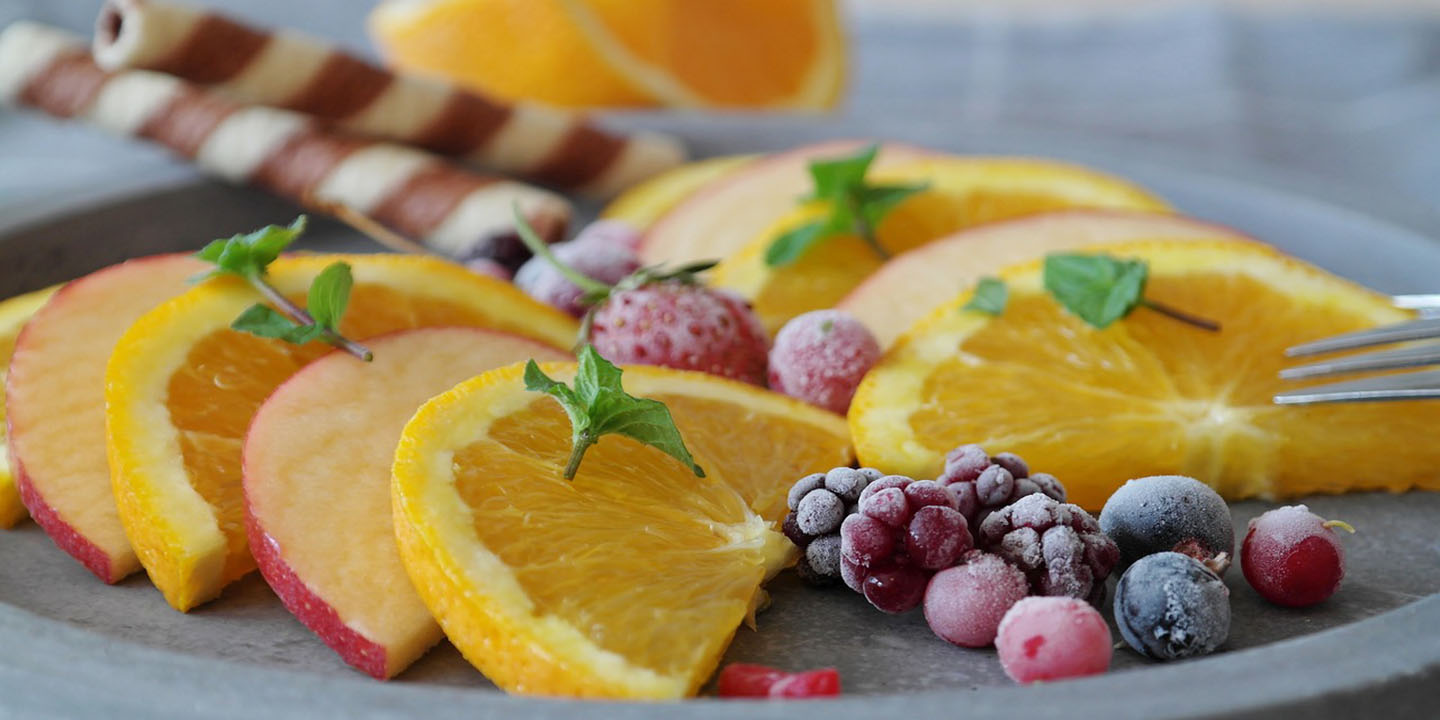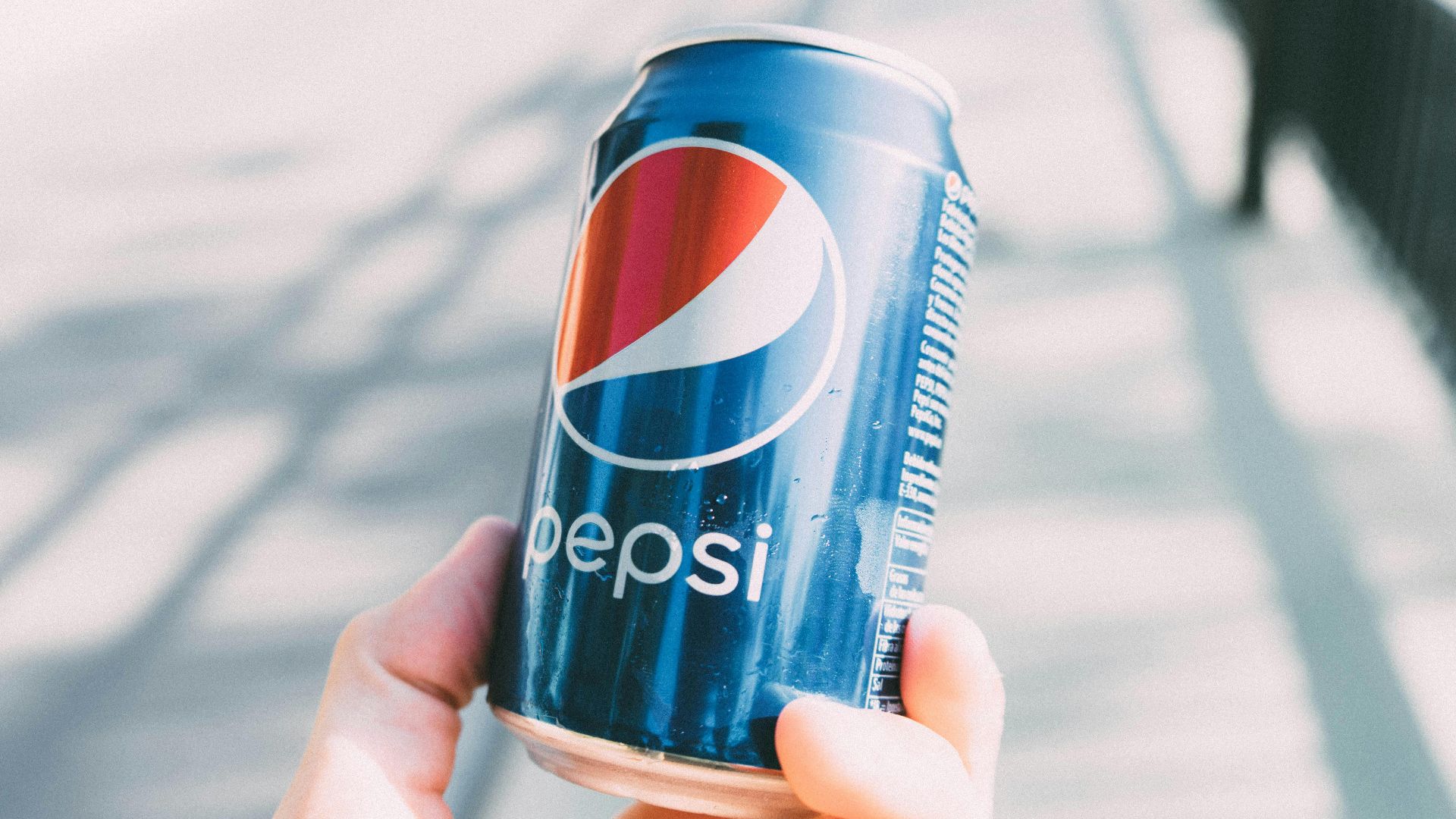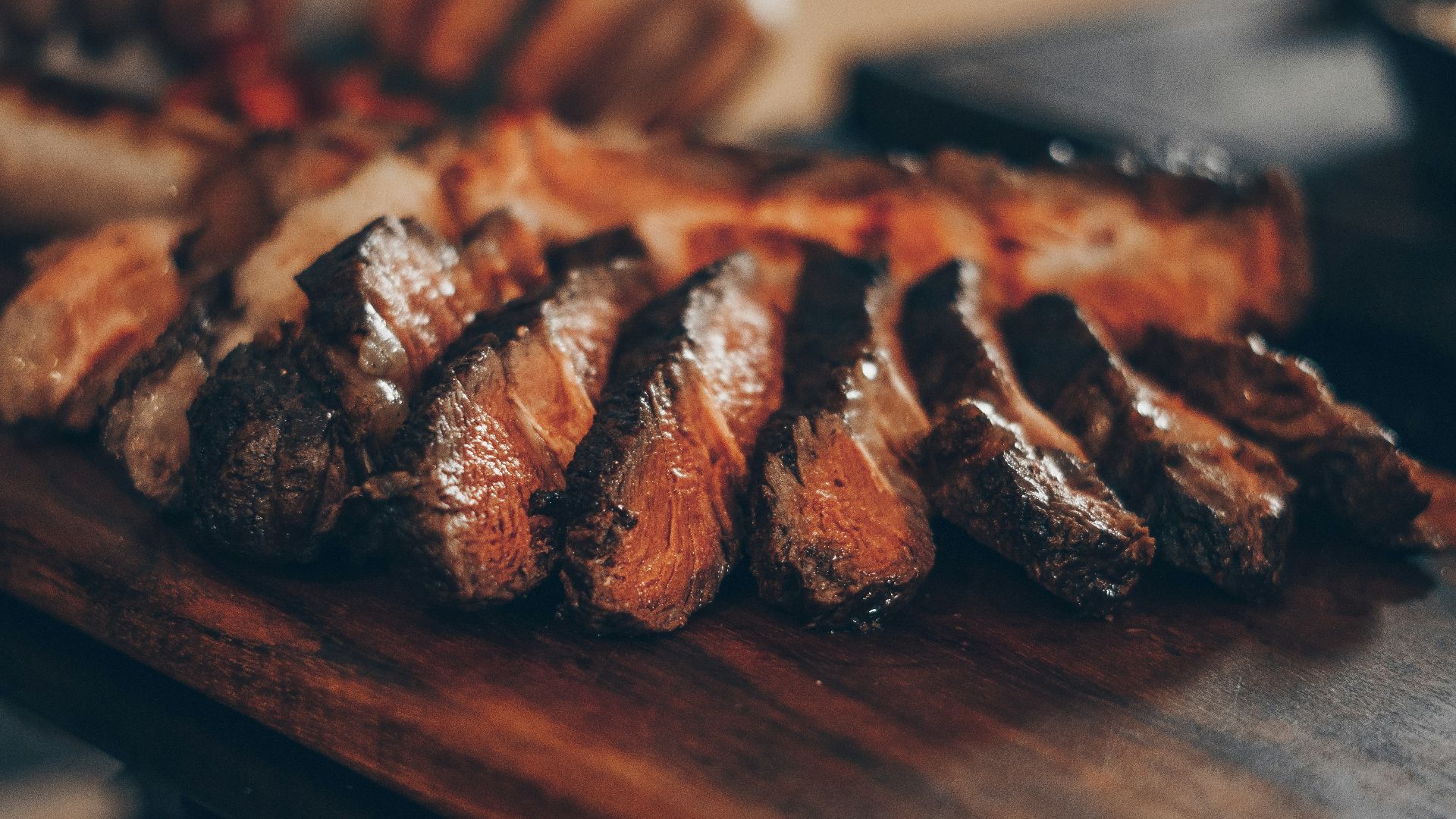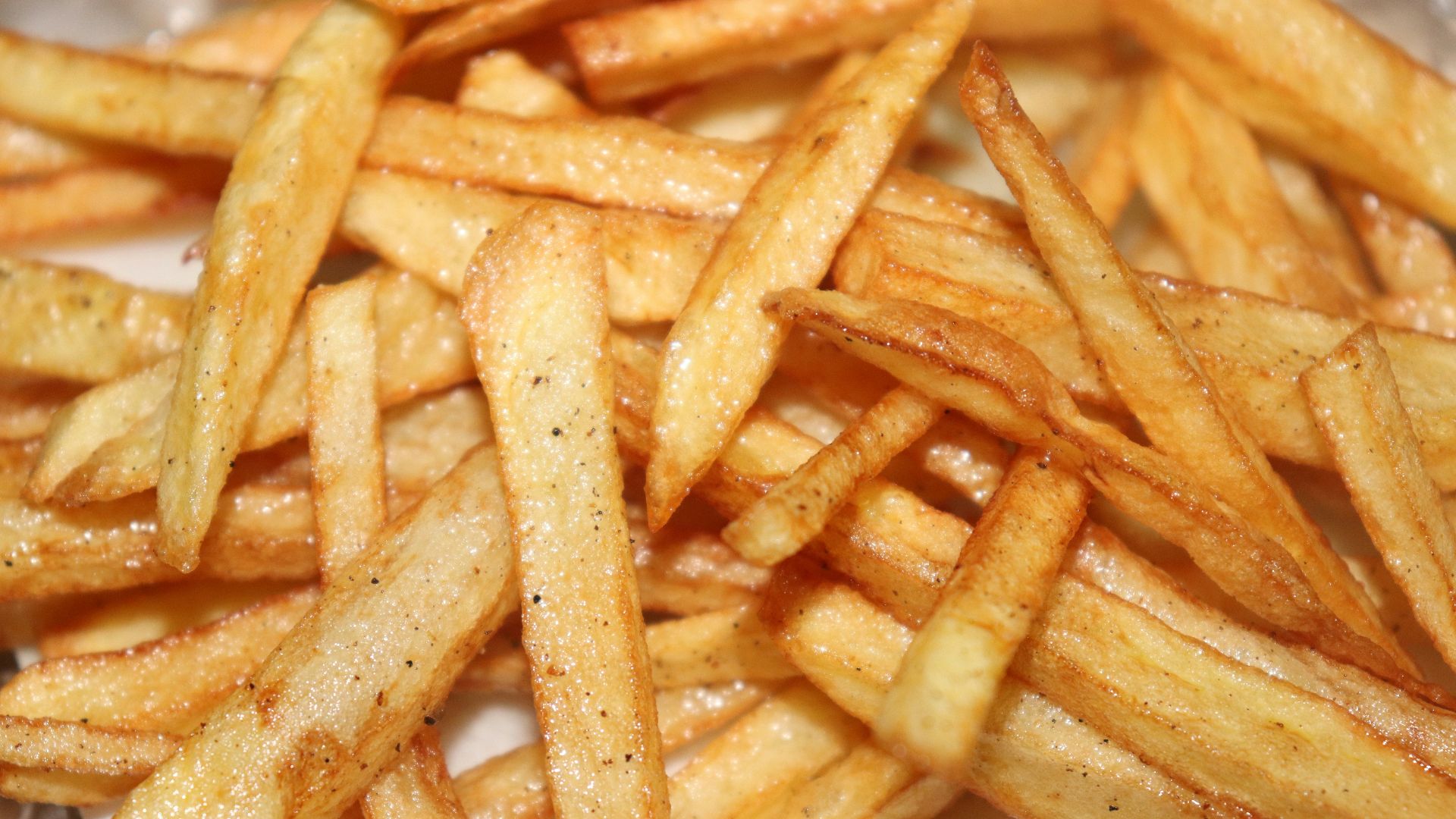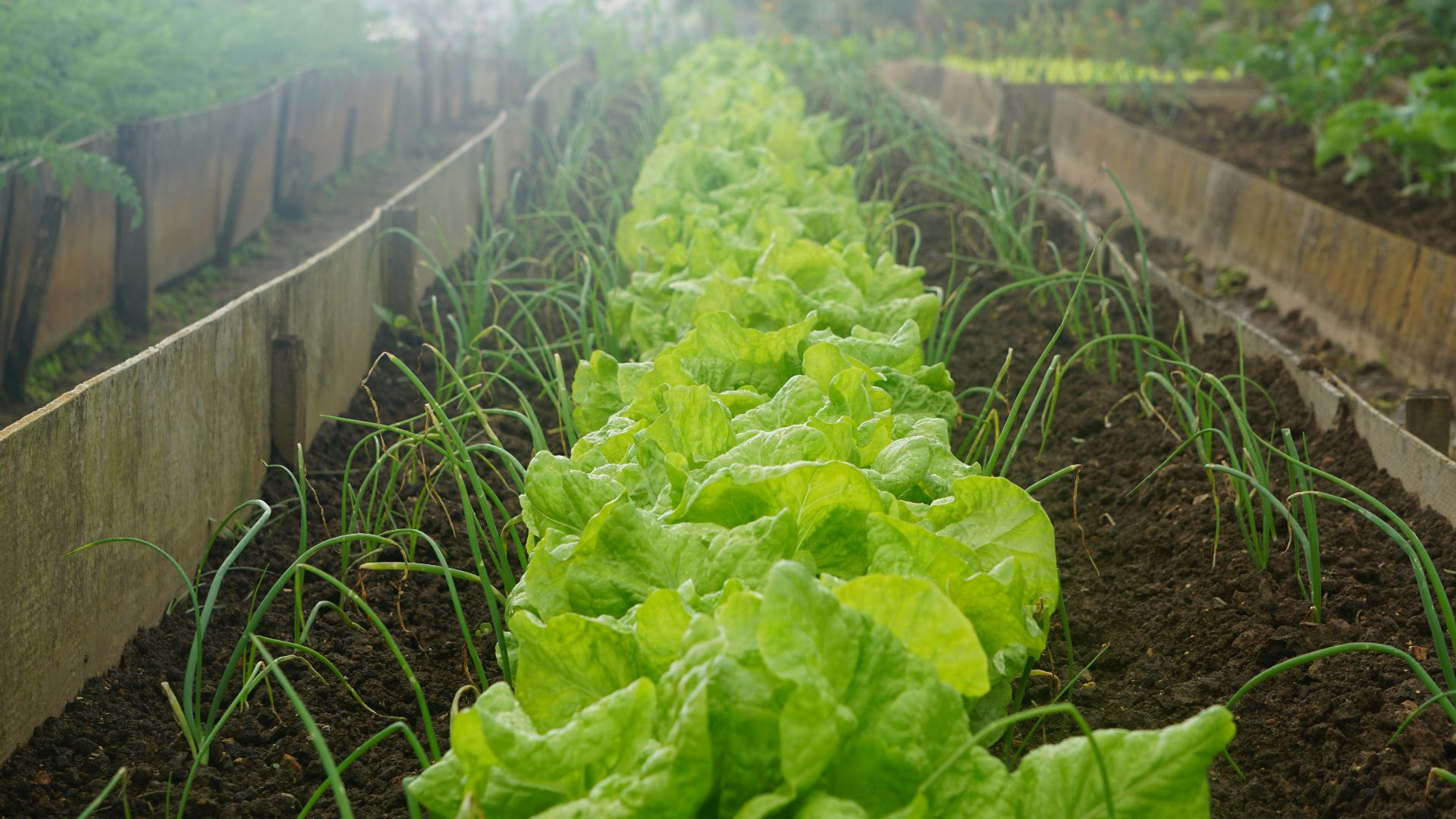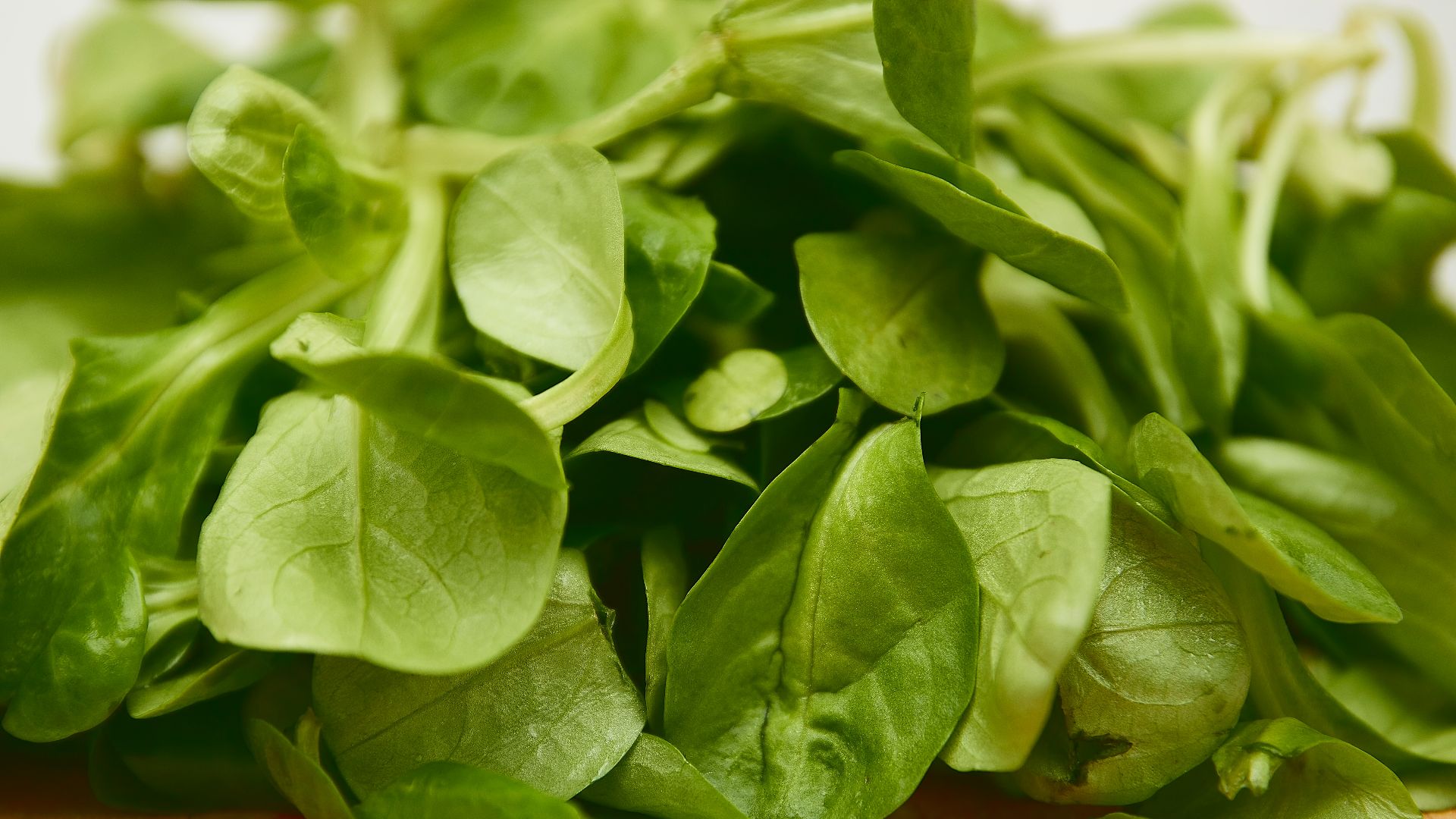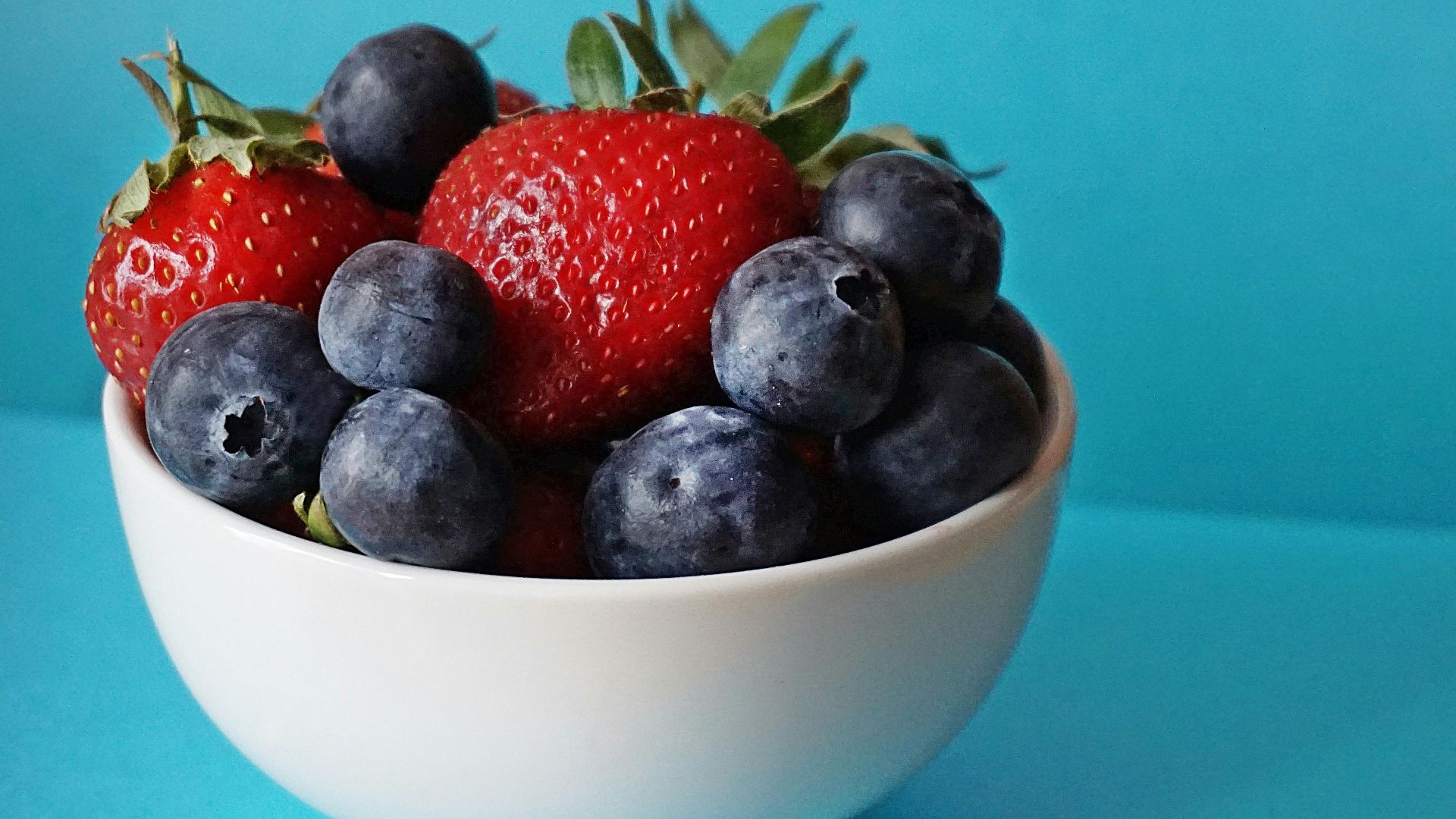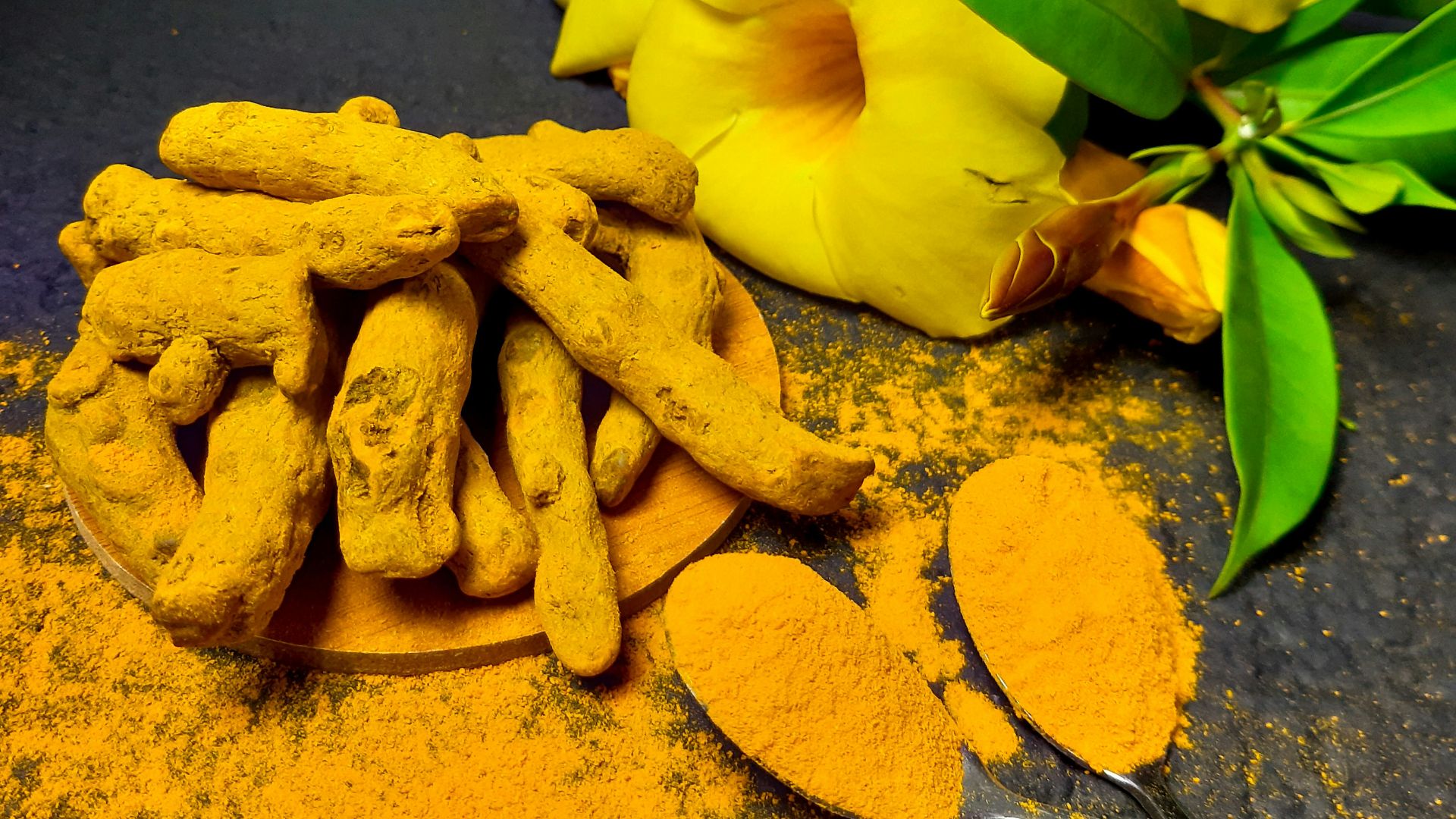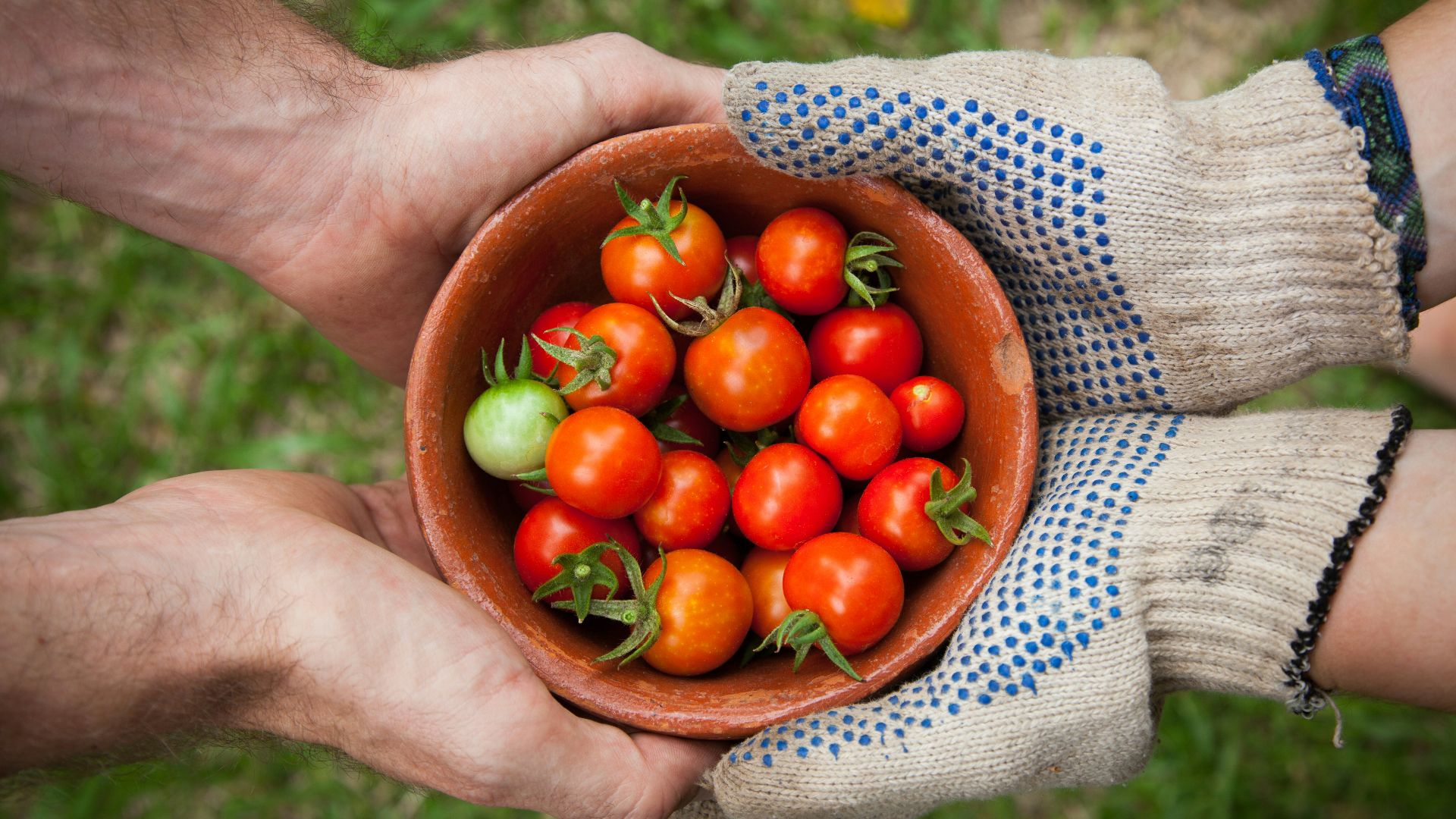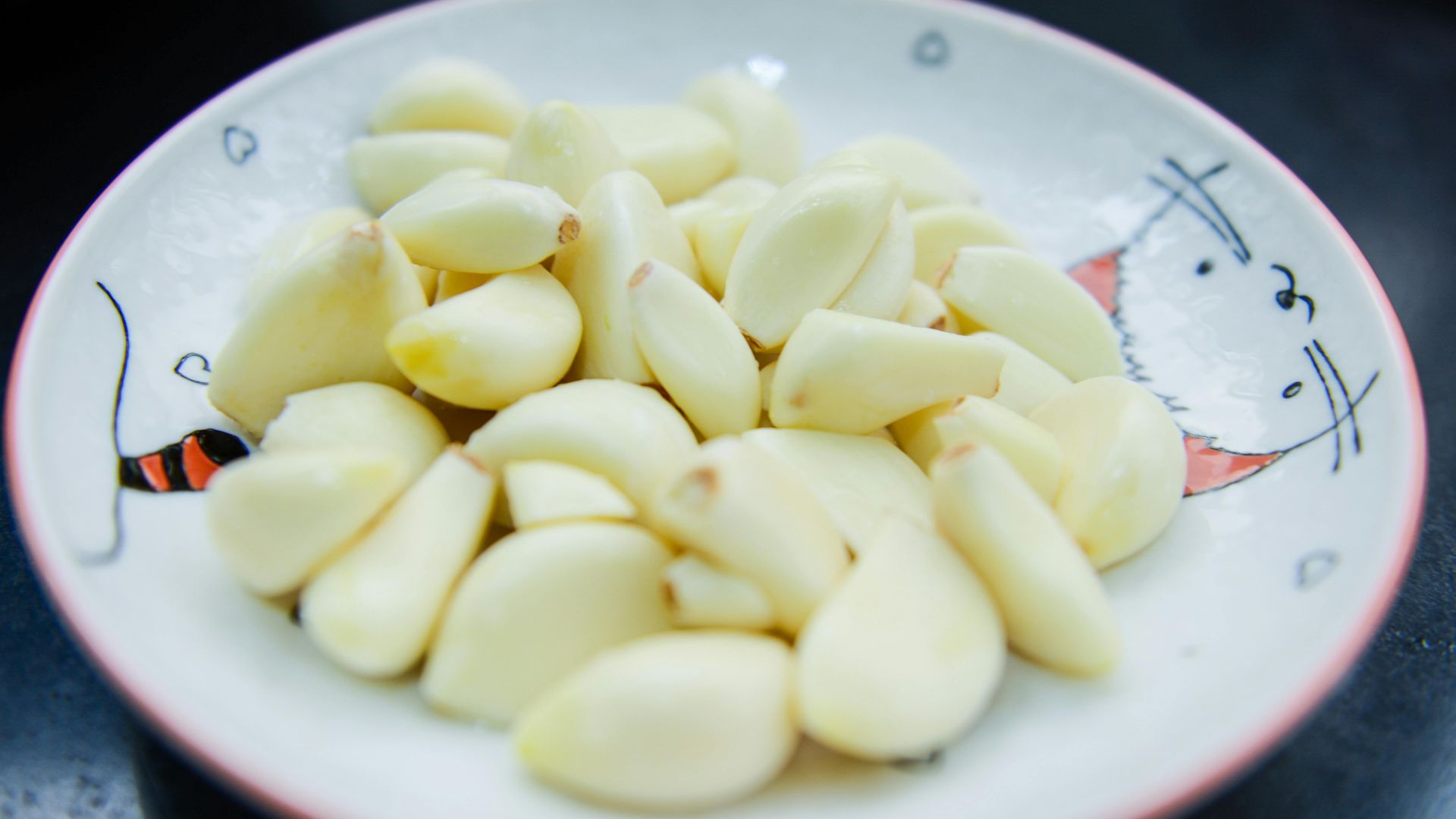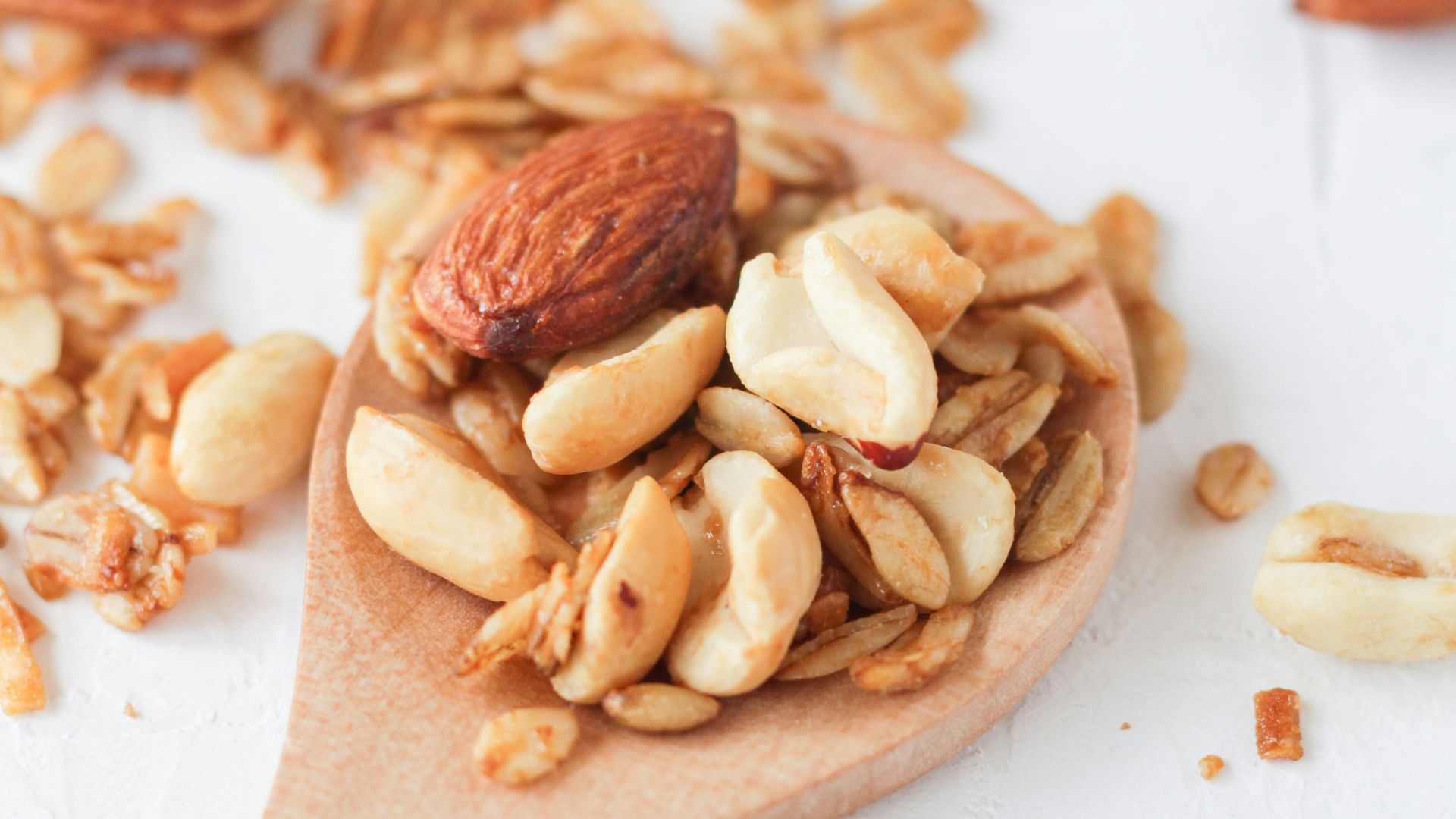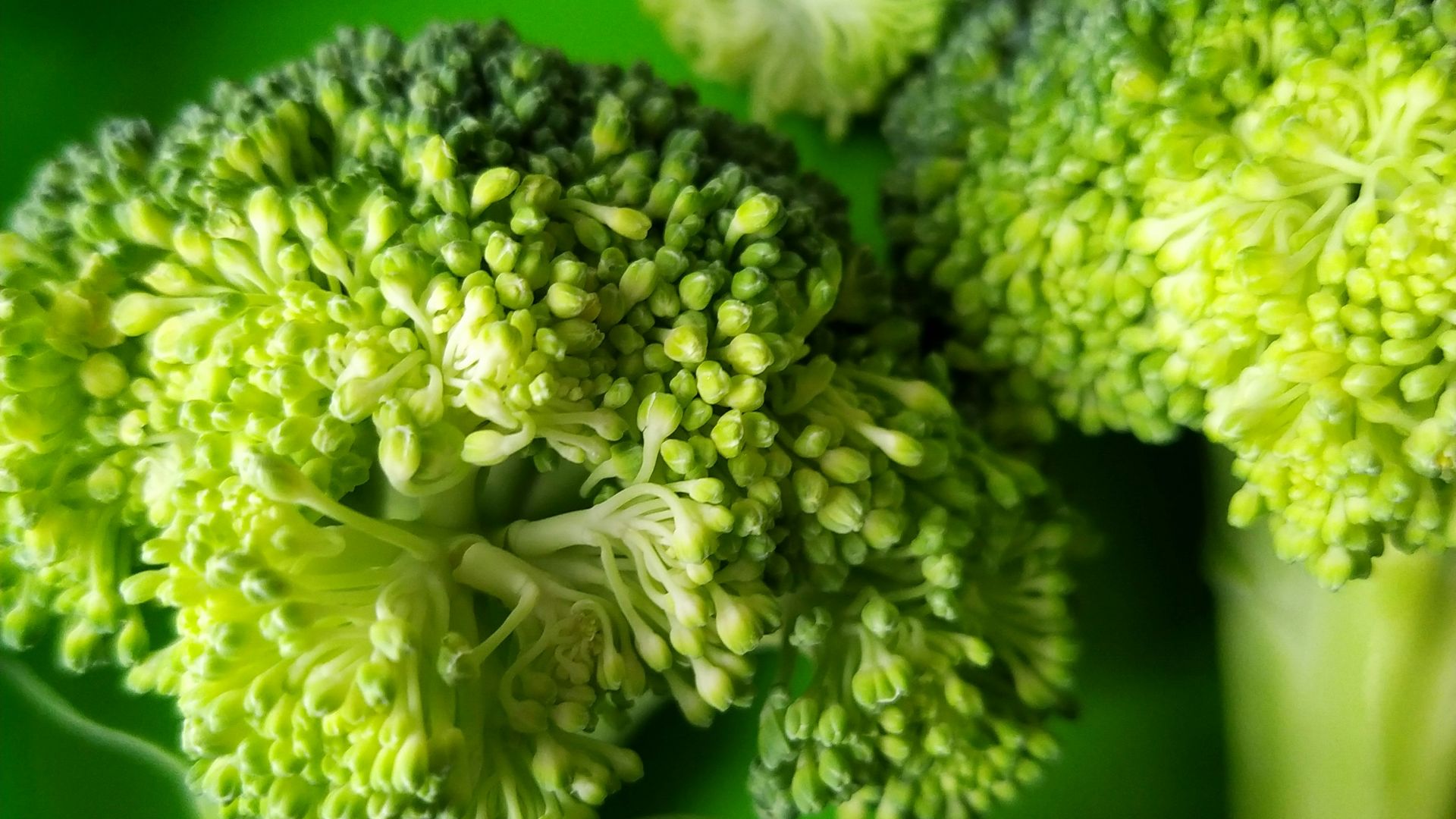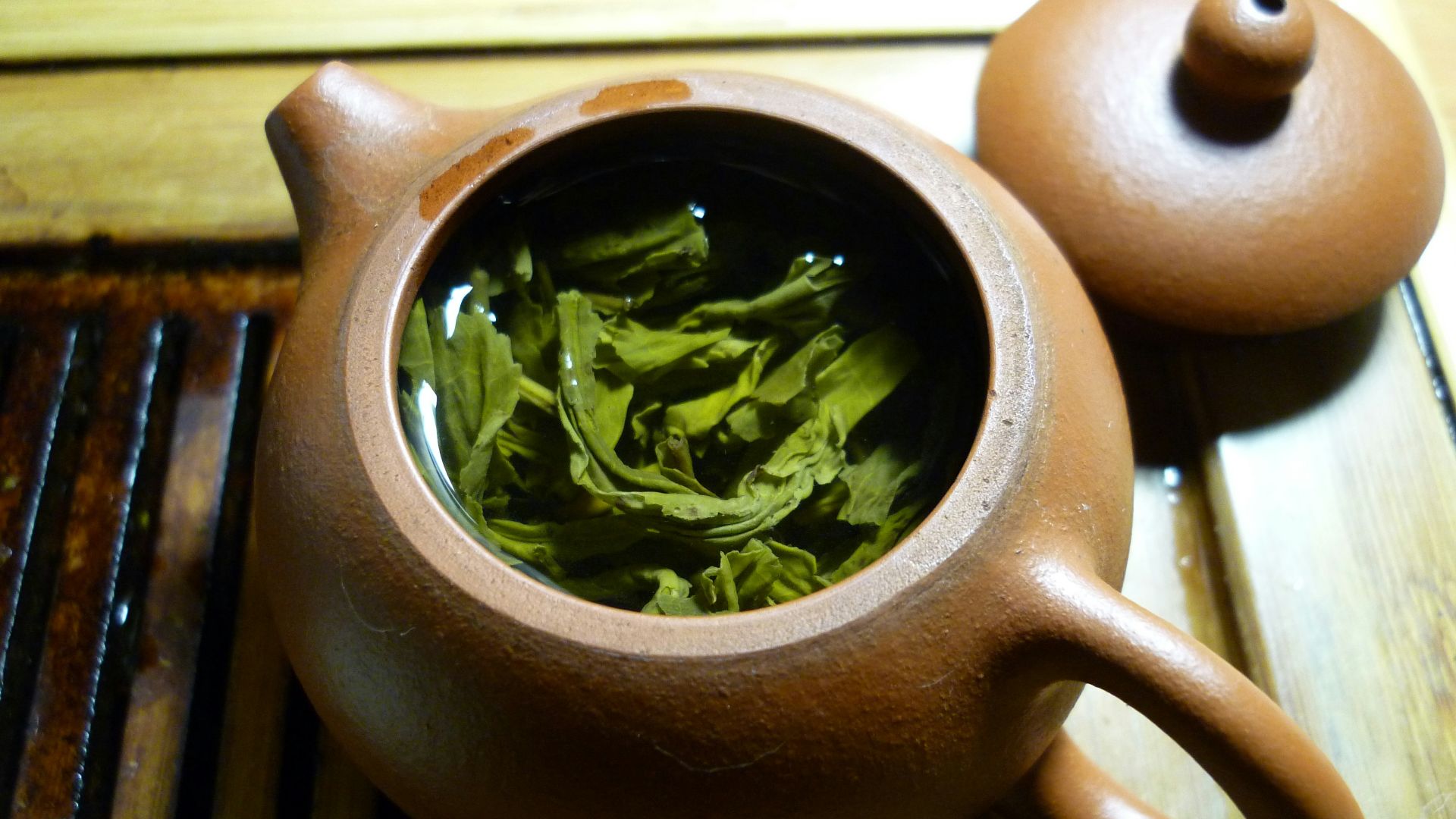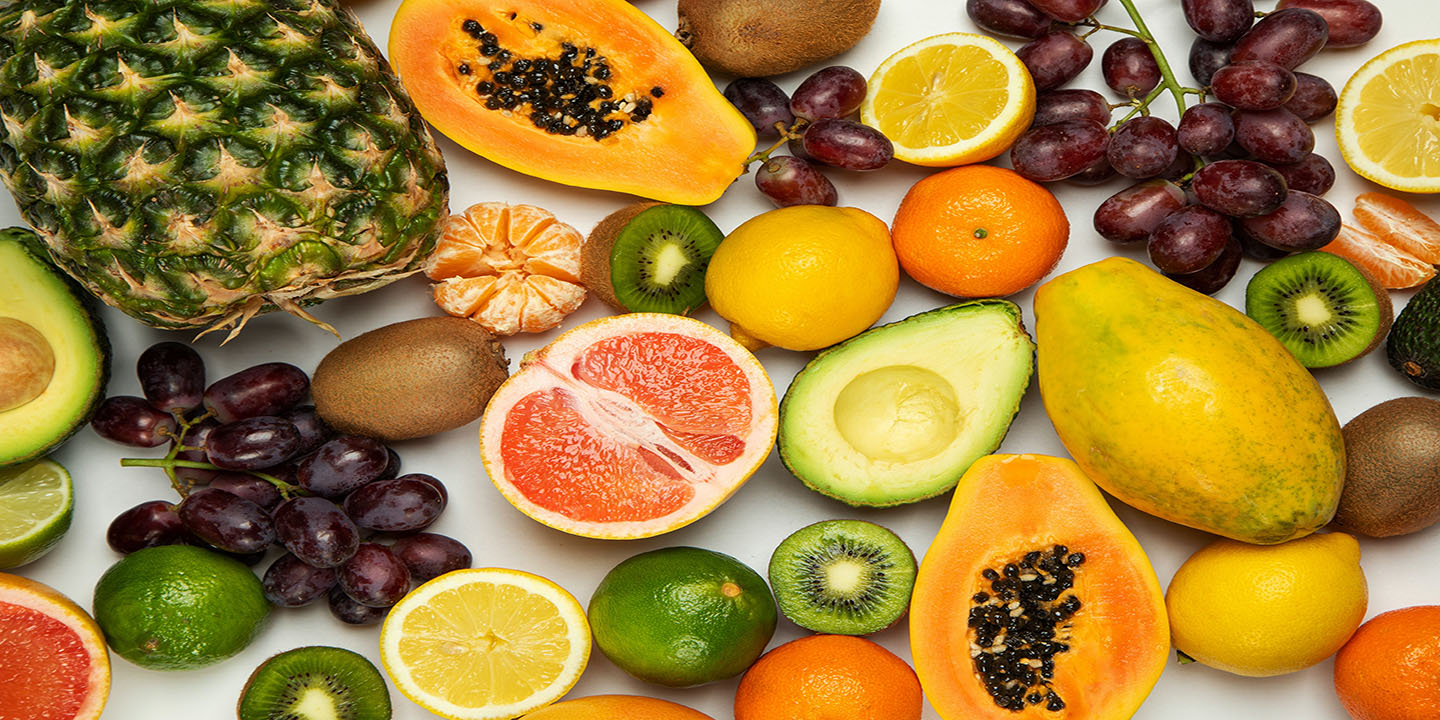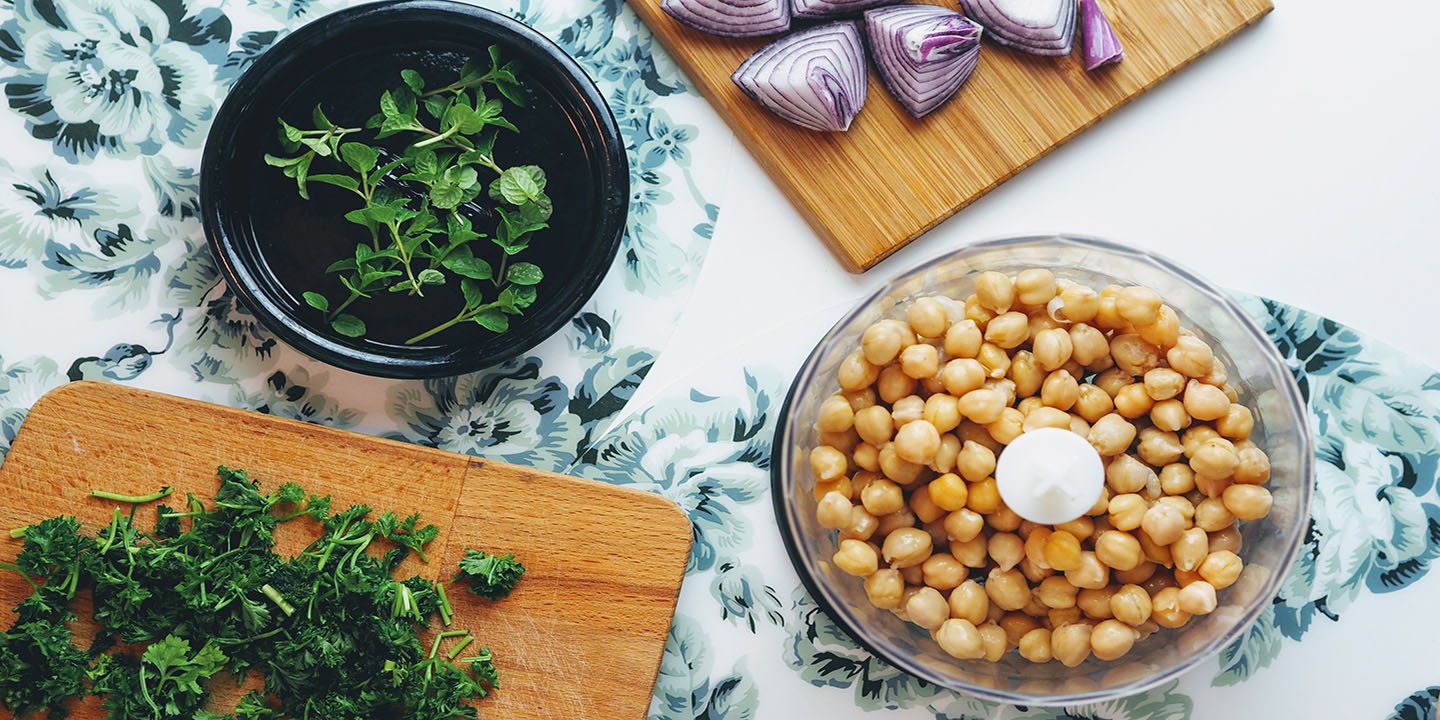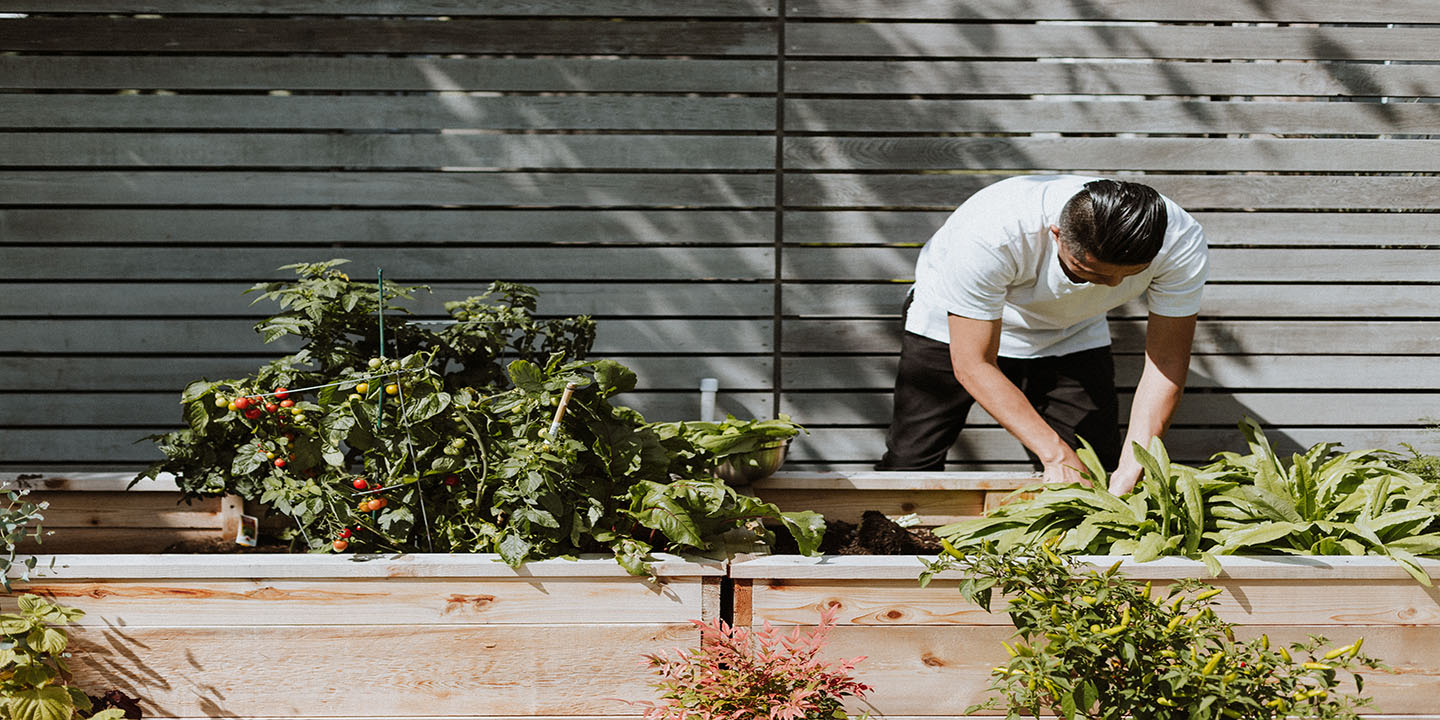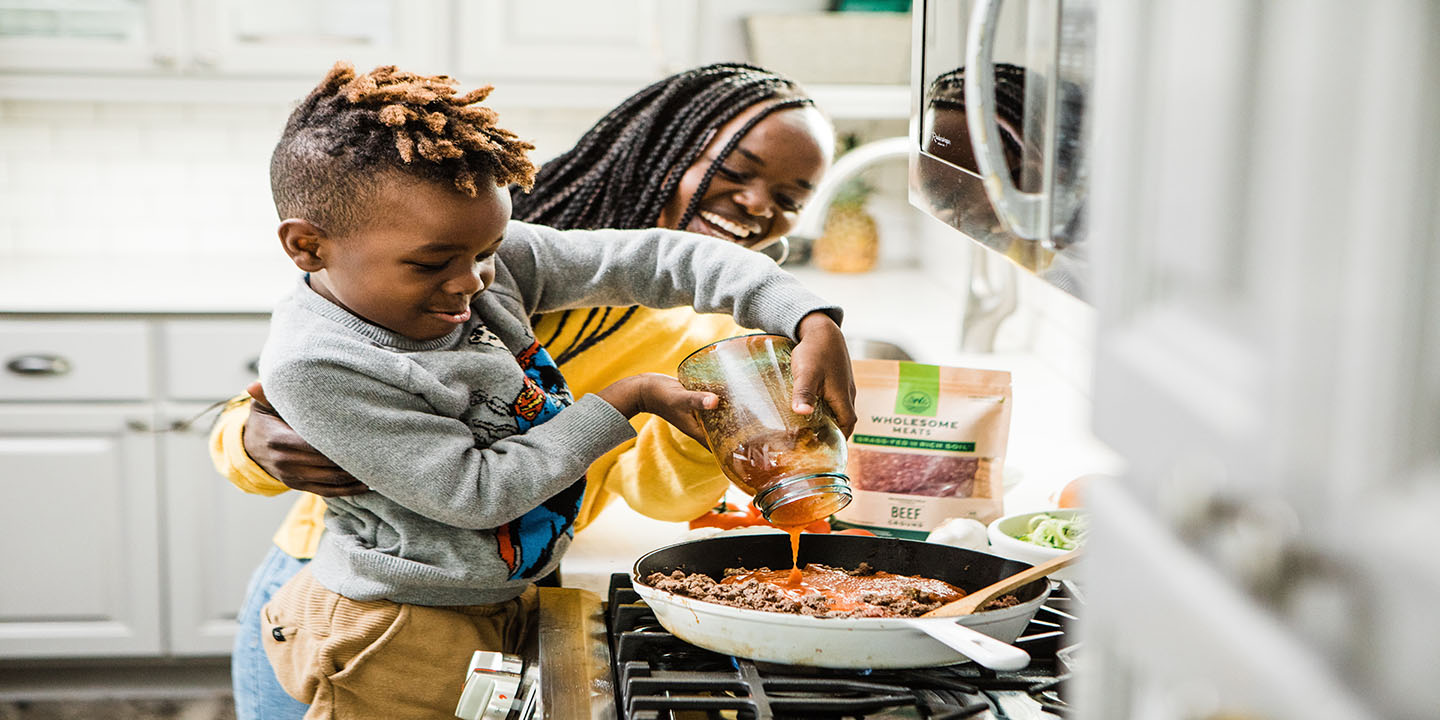Careful What You Put Into Your Body
When it comes to our health, the food we put into our bodies plays a crucial role. That's why you should know some foods have been flagged for their potential links to increased cancer risk, and we're here to share them with you. A balanced diet is key, so we've listed 10 foods to avoid and 10 that can help prevent it. At the end of the day, moderation is the most important factor and it's all about making informed choices. It's time to reflect on yours!
1. Processed Meats
We know processed meats like bacon, ham, and hot dogs are both convenient and tasty, but you should know they come with a big health warning. This group of food has been classified as a Group 1 carcinogen by the World Health Organization, meaning there's strong evidence that they can lead to cancer. The preservatives and chemicals used during their processing plays a large role in this.
2. Sugary Drinks
Sugary drinks are everywhere, even in brands you may least expect. And though these give you the sugar rush you might be craving, their high sugar content is linked to obesity which is a known risk factor for several types of cancer. Studies have also been done which suggest drinking these beverages regularly can lead to increased risks over time. To look after your overall health, you may want to cut back and choose water or unsweetened drinks instead.
3. Red Meat
Meat-lovers won't be happy with this point, but the truth of the matter is, consuming large amounts of red meat such as beef, lamb, and pork have been associated with increased risk of colorectal, pancreatic, and prostate cancer. Because these proteins are a major part of many diets, it's not about removing it completely, it's about eating them in moderation and introducing other plant-based options that can help balance out your diet.
4. Alcohol
Increased alcohol consumption is known for being a risk factor for a variety of cancers, including those for the mouth and throat. The more you drink, the more this risk grows; the effect becomes even stronger if it's combined with another dangerous habit, smoking. As an unhealthy food that leads to other complications like poor judgment and bad behavior, it's a good idea to cut back and be careful with how much you drink.
5. Trans Fats
Found in many of your favorite things like fried foods, baked goods, and processed snacks, trans fats are unfortunately linked to an increased risk of several types of cancer. These unhealthy fats can lead to obesity when consumed in large amounts, making it a significant cancer risk. We recommend reading labels before you buy products so you can better limit your consumption.
6. Salt-Preserved Foods
Foods that have been preserved with salt, like pickled vegetables or salted fish, have been associated with an increased risk of stomach cancer. Though these dishes may be staples in various cuisines across the world, the high salt intake can lead to damaging the lining of the stomach which can cause cancerous changes. Too much salt is never good on the body.
7. Charred and Burnt Foods
Some people might purposefully char or burn their food for better texture and flavor, but doing so can create harmful chemicals that are linked to various cancers. If you want to reduce your risk, simply avoid burning your food when grilling or frying. Consider switching to safer methods like baking or steaming which can still lead to delicious dishes.
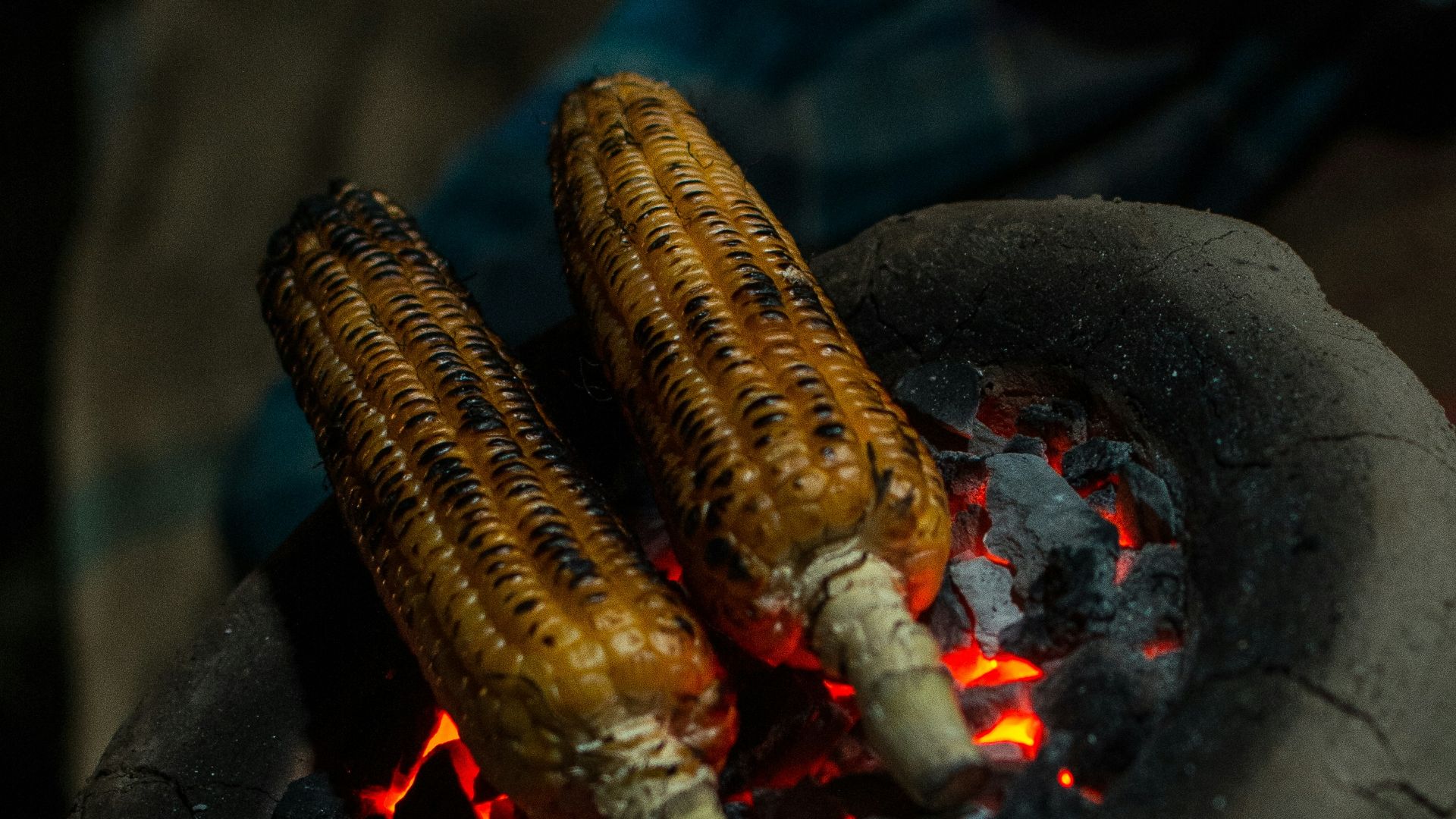 Debashis RC Biswas on Unsplash
Debashis RC Biswas on Unsplash
8. Artificial Sweeteners
The debate around artificial sweeteners and cancer is an ongoing one that doesn't have a definitive answer yet. While some studies suggest there is a potential link, others haven't found significant evidence. But for your knowledge, some of the most examined are aspartame, saccharin, and sucralose. To take precautionary measures, consider going the natural route instead or limit your intake more carefully.
9. Refined Carbohydrates and Grains
Refined carbs like white bread, pasta, and pastries might be pantry staples, but these foods have had most of their fiber and nutrients removed, meaning high consumption can increase your blood sugar and insulin levels. These conditions only encourage cancer growth and many studies have linked these unhealthy diets to higher risks of breast and colorectal cancer.
10. Genetically Modified Organisms (GMOs)
One of the most controversial debates on this topic centers around GMOs and their link to cancer. Some scientists argue that genetically modified foods have the potential to introduce unknown health risks like cancer due to their DNA alterations. However, there's yet to be any substantial conclusive evidence. This point is simply about the importance of staying informed and choosing foods you feel most comfortable with.
1. Leafy Green Vegetables
Green is health! Leafy vegetables like spinach and kale are chock full of vitamins, minerals, and antioxidants (most notably folate and vitamin C) which help protect cells from DNA damage, a precursor to cancer. They're also high with fiber, which plays an important role in reducing the risk. Add these to your diet on the daily and you'll not only boost your nutrient intake, but you'll boost your cancer defense resources too.
2. Berries
Small but mighty, berries of all sorts are tiny powerhouses of nutrition that are great for your body. These delights are rich in vitamins, minerals, and antioxidants like vitamin C and anthocyanins. These compounds are what help to reduce inflammation and oxidative stress, both of which are linked to cancer development.
3. Turmeric
Easily recognized for its bright yellow color, this spice is a staple in both Indian cuisine and traditional medicine. It contains a compound called curcumin which is a strong anti-inflammatory with antioxidant properties. While turmeric has plenty of health benefits, it's currently being studied for its potential to reduce the growth of cancer cells and stop tumor formation.
4. Whole Grains
Everything from brown rice to quinoa and barley are incredibly rich in fiber, vitamins, and minerals. Its high fiber content in particular is especially great for digestive health which can help prevent colorectal cancer. On top of that, these whole grains contain healthy compounds that aid with regulating blood sugar and reducing inflammation, both of which contribute to cancer prevention.
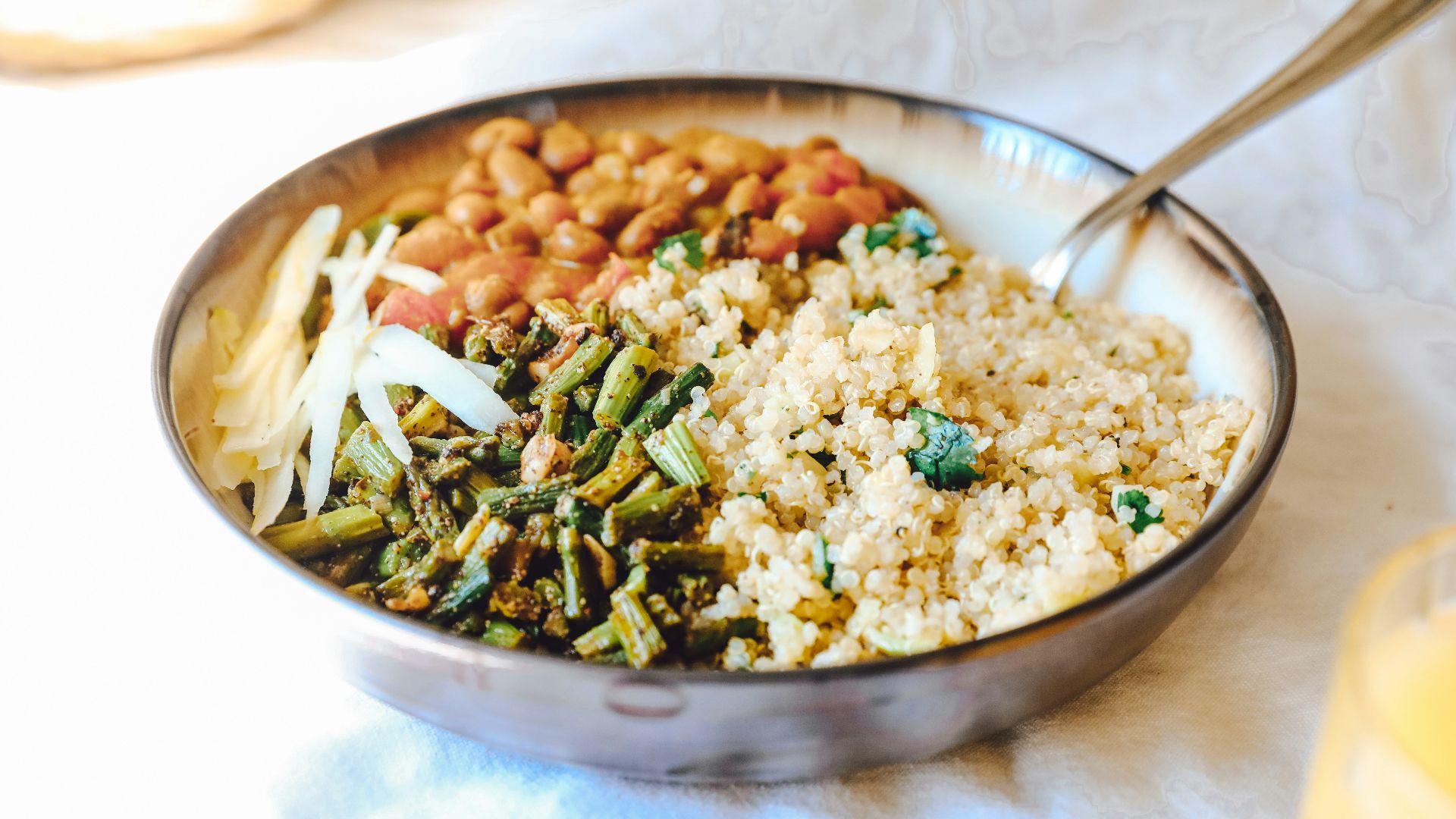 Shashi Chaturvedula on Unsplash
Shashi Chaturvedula on Unsplash
5. Tomatoes
If you've ever wondered how tomatoes can be so red, it's all thanks to an antioxidant called lycopene which gives it its color. It doesn't just make tomatoes aesthetically pleasing though - lycopene has also been linked to a reduced risk of prostate cancer. More easily absorbed when cooked, consider adding tomato sauce, paste, or simply cooking your tomatoes more often to reap the benefits.
6. Garlic
Garlic is a superfood with amazing health benefits. Containing a compound called allicin, it's been shown to have cancer-fighting properties, alongside the great anti-inflammatory and antibacterial effects it already has. Simply put, adding garlic regularly to your diet won't just boost the flavor of your dishes, it's good for your health too.
7. Fatty Fish
If you already love seafood, you'lll be happy to hear fatty fish like salmon, mackerel, and sardines are incredibly rich in omega-3 fatty acids and vitamin D which both have been linked to lower risks of cancer. Omega-3s are fantastic in reducing inflammation, which is a key factor in cancer development. On the other hand, vitamin D is noted for its potential role in regulating cancer cell growth.
8. Nuts and Seeds
Nuts and seeds don't just make for tasty snacks, they're also good sources of fiber, protein, healthy fats, and cancer-fighting antioxidants. Some studies suggest that regular consumption of walnuts and almonds in particular may help reduce your risk of certain cancers. It's a delicious and beneficial way to prevent cancer.
9. Broccoli and Cruciferous Vegetables
It's not just about the leafy greens, cruciferous vegetables are great options too. Broccoli, cauliflower, and Brussels sprouts all contain something called sulforaphane, which is a compound with strong anti-cancer properties. Consuming these vegetables have been known for helping reduce risks of cancer, with their high fiber content playing a large part in this.
10. Green Tea
Green tea isn't just a popular trend, it's also a drink that studies are trying to prove contains cancer-preventive properties. Research is still being done to confirm the connection, but people believe it's full of antioxidants which can help protect your body's cells from DNA damage, inhibiting tumor growth.
KEEP ON READING

The Most Popular Signature Dishes Around the World
